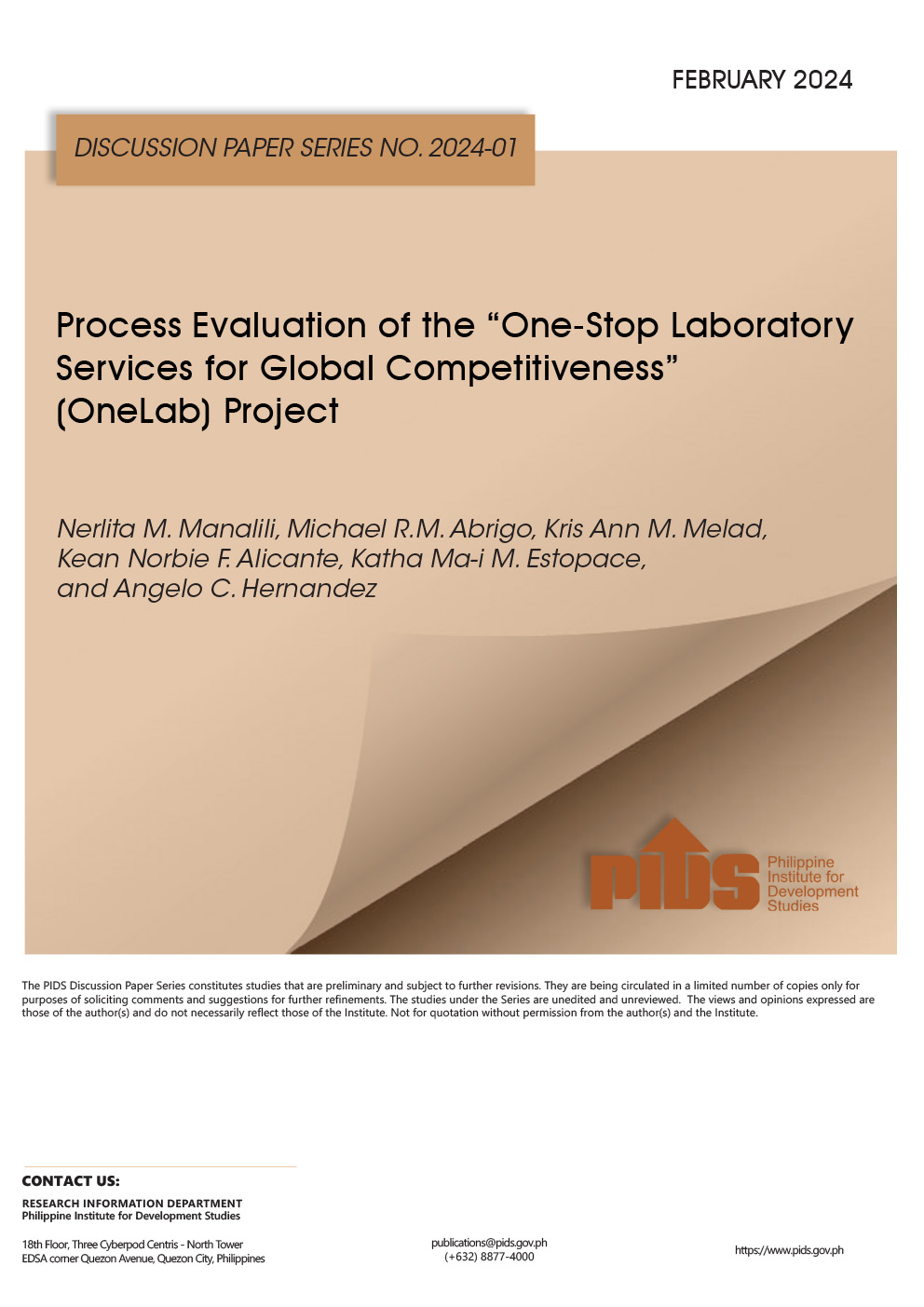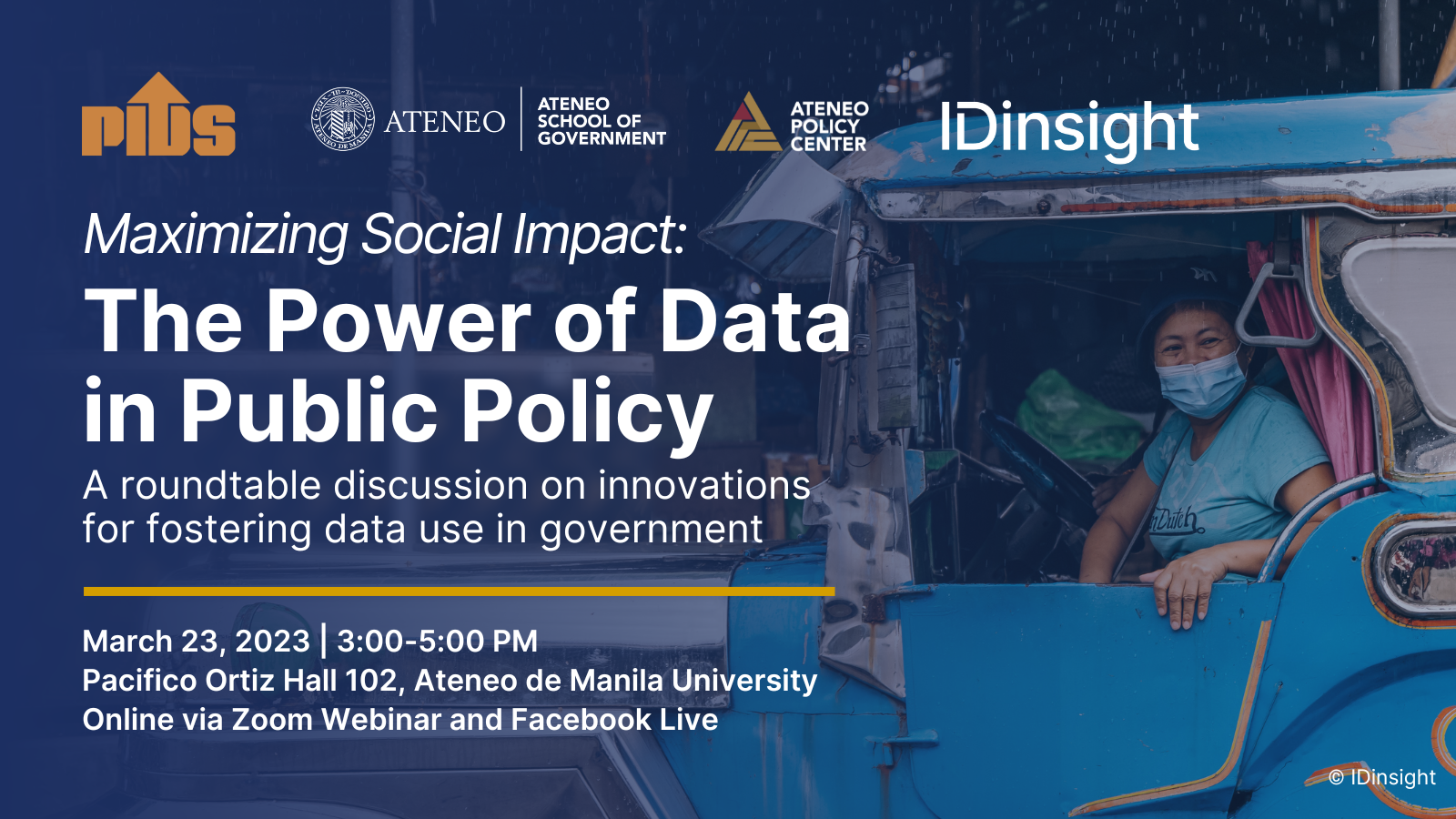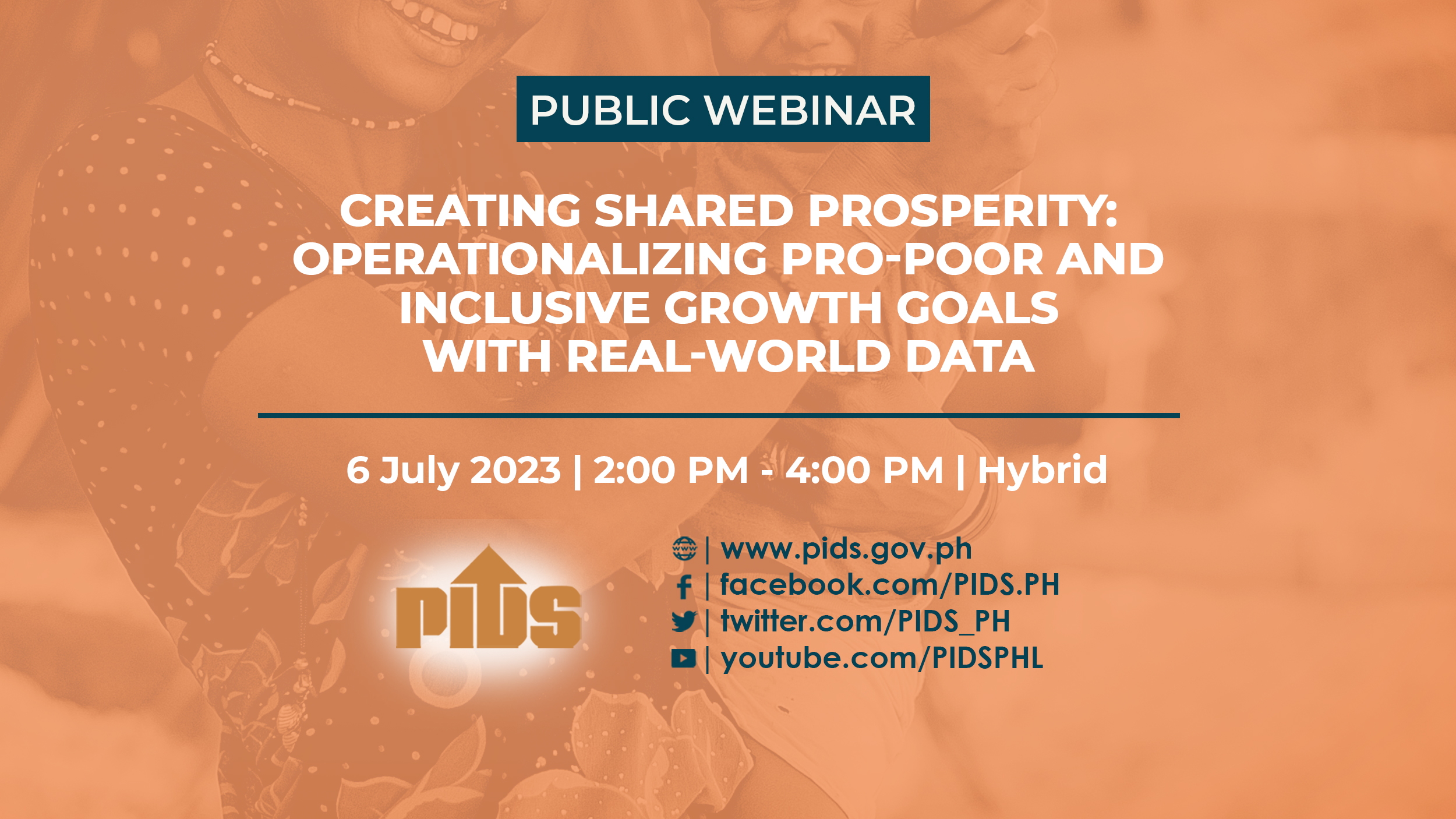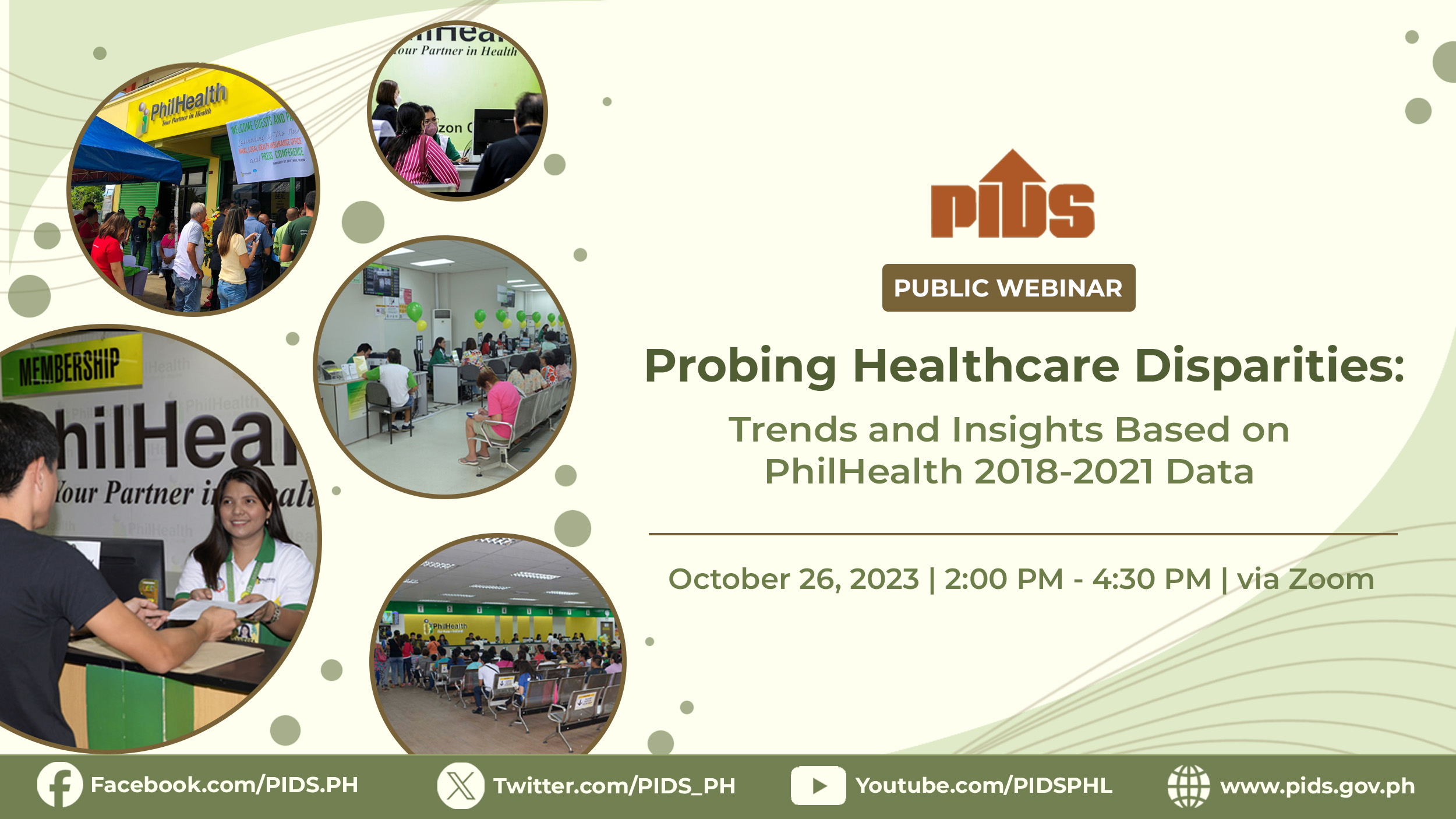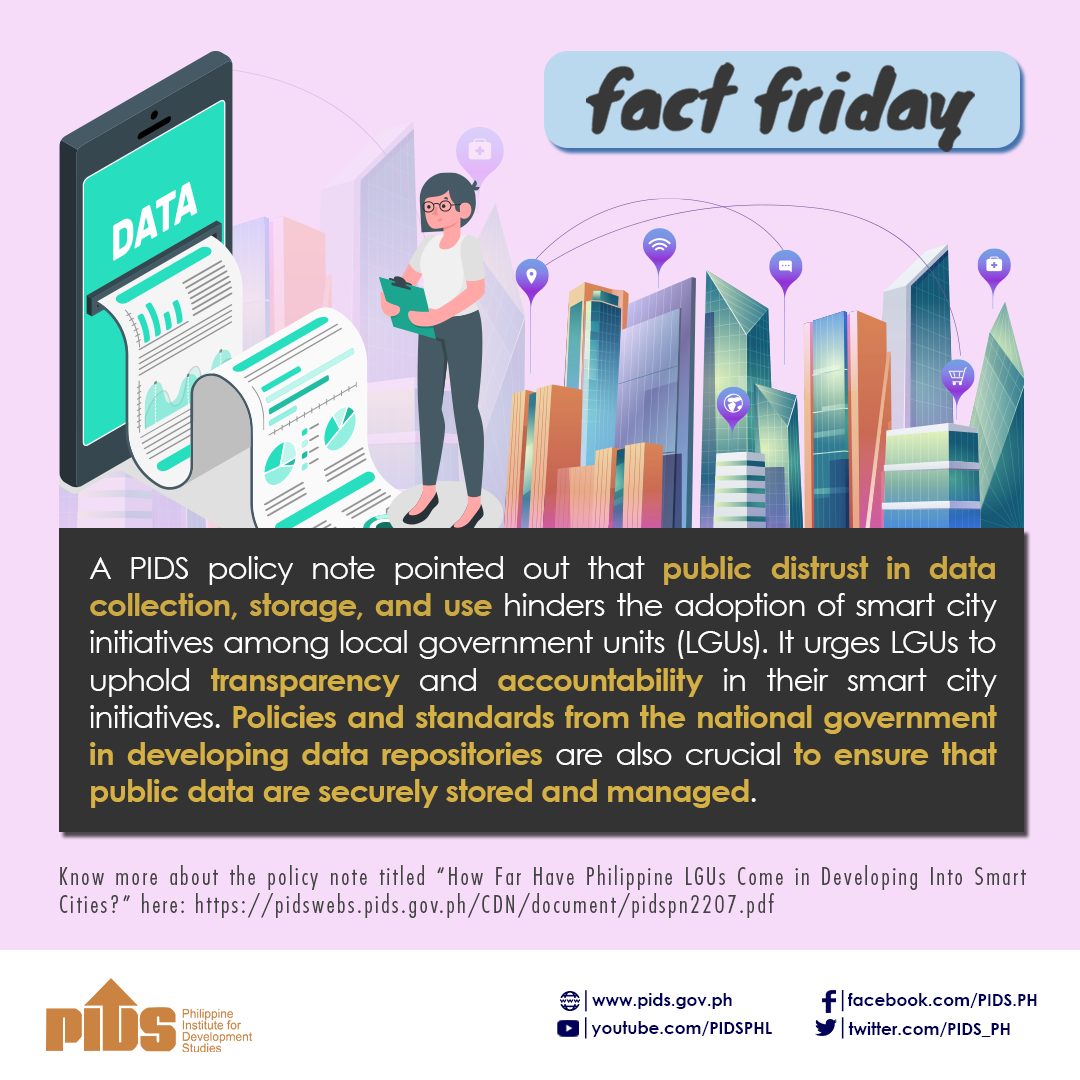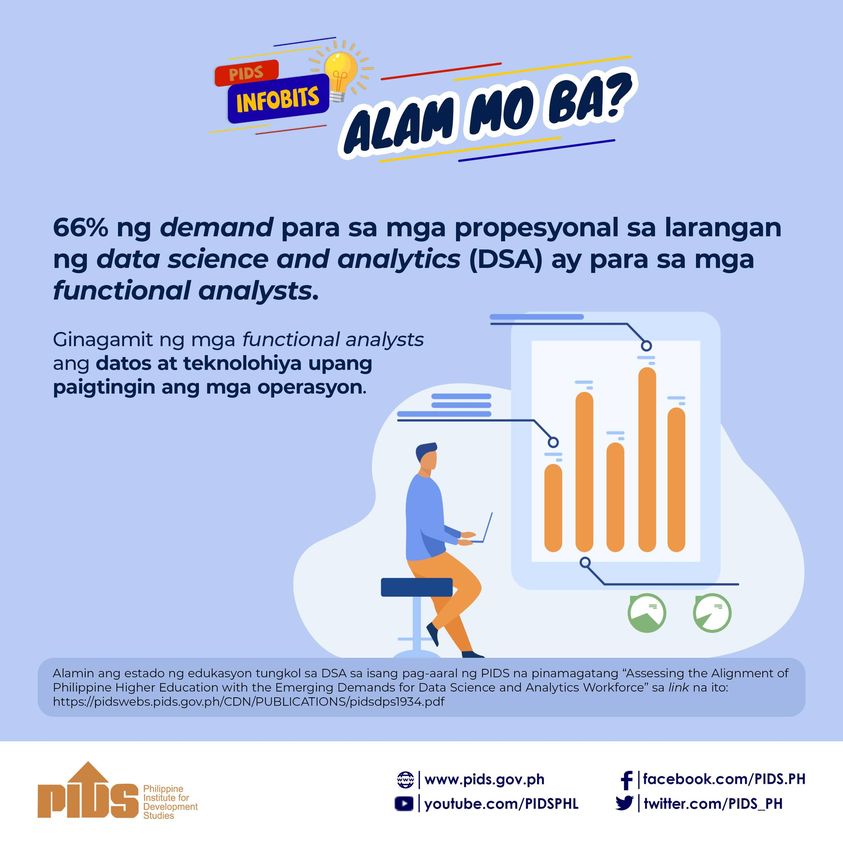With the explosion of data that are generated, stored and analyzed in recent years, the world is now awash with big data. The information is that around 1.8 zetta bytes of data (one zetta byte is roughly equal to one billion terabytes) were created and processed worldwide in 2011 alone, and this figure is estimated to have doubled every two years. This volume of data is roughly equivalent to 200 billion of high-definition movies (each of 120 minutes long) (Leek, J., 2014).
What is exactly big data? It refers to huge data sets characterized by larger volumes with greater variety and complexity, while being generated at a higher velocity. Industry experts identify their three characteristics, called the three “V’s”, namely: volume, velocity and variety. Others would add a fourth “V” which is veracity.
Last December 4, 2018, the Bangko Sentral sponsored a roundtable discussion on the big data revolution in the Philippines and invited a panel of experts to present in the public forum their views on the subject. I was privileged to act as chairman of that forum which turned out to be a very lively discussion. I would cite excerpts from the views given in that forum.
Mr. Joseph Ian G. Gendrano, from PLDT, highlighted that the importance of big data does not revolve how much data a company has, but how the company utilizes the data to guide its potential growth. On the other hand, Dr. Eugene Rex L. Jalao, Associate Professor at UP, focused on the human capital aspect, noting the need to improve the business and organizational skills as well as the technical and workplace skills of professionals; and that the online courses offered by the UP Open University already include the competencies for data scientists.
Mr. Scott Albin, from Pricewaterhouse-Coopers Singapore, discussed the challenges that limit the potential of big data. He said that there appears to be more focus on technical excellence over solving the fundamental problems itself, and that there is lesser appreciation on data literacy that prevents meaningful success in data driven organizations.
On his part, Dr. Justo A. Ortiz, Union Bank Chairman, identified risks in big data application such as data privacy, security, collection transparency and discrimination, also noting that big data solutions in the banking industry are still in their initial stage. He added that there should be assurance that data are not leaked nor placed in the wrong hands.
In the case of Ms. Cherilyn C. Valdez from the Philippines Statistics Authority, she said that using big data for official statistics is relatively a new concept.
She raised the need to develop a harmonized system among stakeholders, both public and private, that will share and exchange good practices on big data.
Lastly, Dr. Jose Ramon G. Albert from the Philippine Institute for Development Studies observed that the financial system cannot draw comfort simply from more data and greater computing power as being “big” isn’t always better; that the important thing is that data are actually used and that the inferences are right.
In summary, the forum recognized the importance of big data, and the need for more skills in handling them, in identifying the pitfalls, and in harnessing their availability for growth and policy formulation. These issues are concerns not only of individual institutions, but should be approached on a concerted basis across all sectors, to encourage more collaboration and more defined policies.

